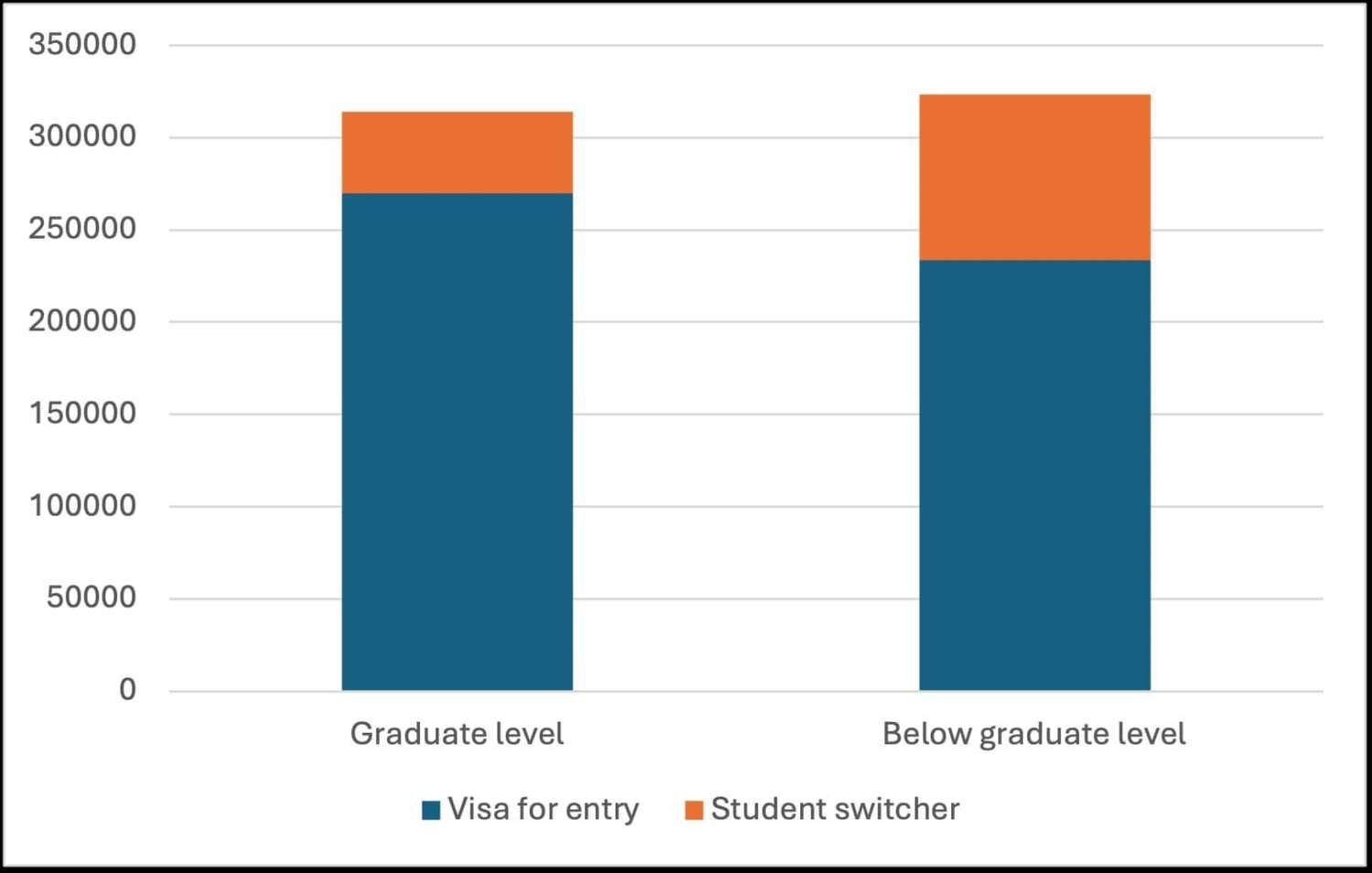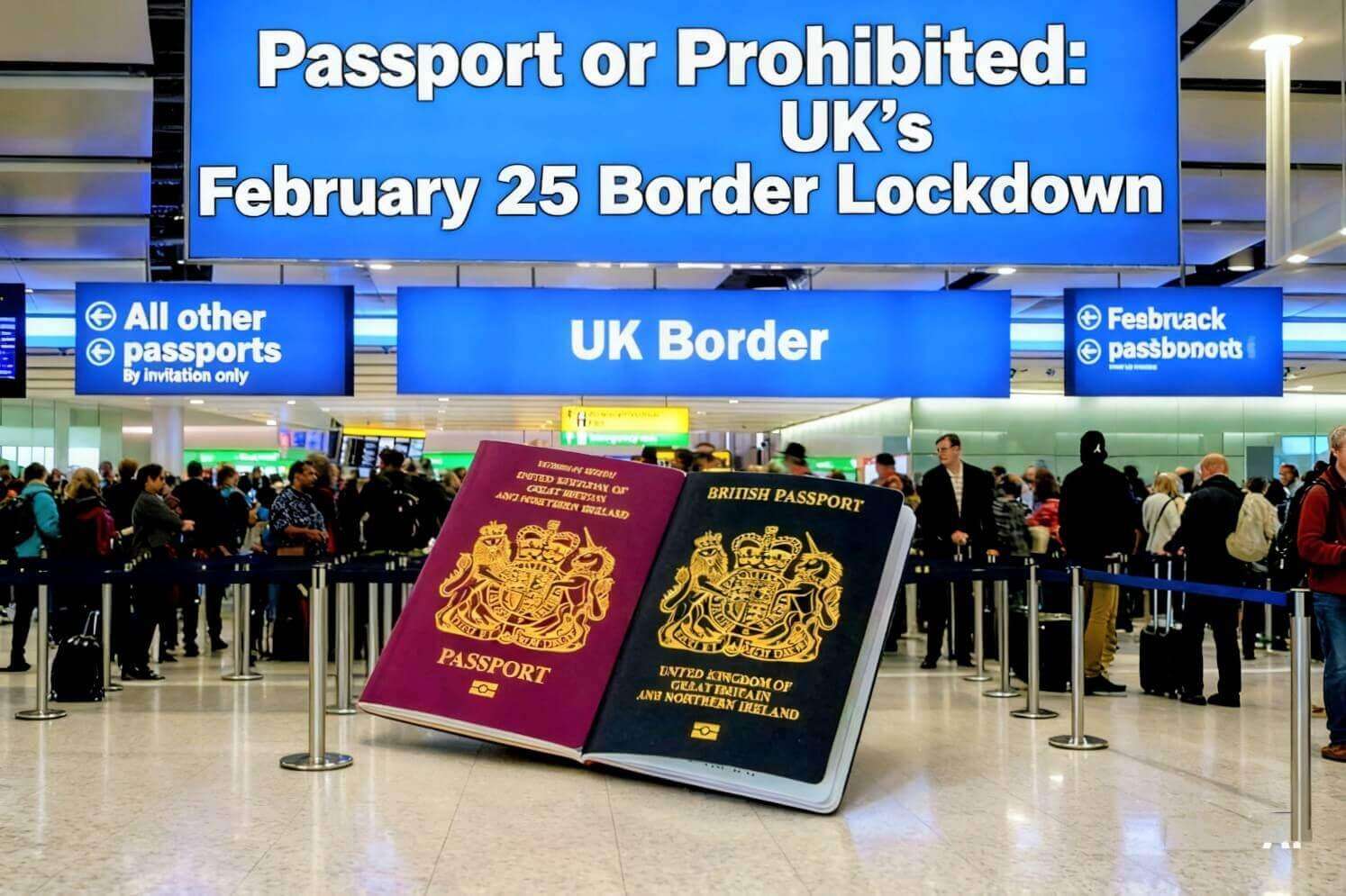Agreements on work visas with secure third nations offer a workable answer to the EU's problems with immigration and refugees. The EU can improve economic advantages through lawful employment, lessen the strain on its refugee system, and stop human traffickers' illegal operations by offering legal entry channels. This strategy promotes a more orderly and compassionate immigration system by providing a fair resolution that benefits both immigrants and the EU.
Using work visa arrangements with safe third countries is an innovative way to reduce the excessive amount of asylum claims and irregular immigration in the European Union (EU), according to a study by Econpol and the ifo Institute. In order to overcome one of the major bottlenecks in the existing European immigration system, this plan attempts to establish legal and regulated immigration paths.
Legal Immigration Pathways as a Solution
"The European asylum system is currently overwhelmed due to the lack of legal entry opportunities into the EU," explains Panu Poutvaara, Director of the ifo Center for International Institutional Comparisons and Migration Research. The proposed work visa agreements would target individuals from safe third countries, allowing them to apply for work visas irrespective of their qualifications. This initiative is particularly crucial for low-skilled workers who have minimal chances of securing work visas under the current system.
For instance, many asylum seekers from Turkey, who generally have low prospects of being permitted to stay, could benefit significantly from such an agreement. By providing an alternative legal pathway, these individuals would no longer need to resort to asylum applications to enter the EU.
Implementation Framework
The work visa agreements could follow the model of the Western Balkans agreement that Germany established in 2016 with Albania, Bosnia and Herzegovina, Kosovo, Montenegro, North Macedonia, and Serbia. Under such agreements, citizens of partner countries would be eligible to apply for work visas, potentially for a limited period, and without access to social benefits. This model has proven effective in reducing asylum applications from the Western Balkans significantly.
Economic and Social Benefits
According to Yvonne Giesing, a research associate at the ifo Center for International Institutional Comparisons and Migration Research, the benefits of this proposal extend beyond reducing asylum application costs. "By enabling legal entry, we would disrupt the business model of human smugglers, reduce dangerous journeys across the Mediterranean, and increase legal employment opportunities within the EU."
Policy Recommendations from the EconPol Policy Brief
The proposal aligns with the recommendations in the recent EconPol Policy Brief titled "Proposals for a Reformed European Asylum and Migration Policy." The brief highlights the necessity of creating legal migration pathways from Africa and Asia to alleviate the pressure on the asylum system, which is overburdened due to the limited legal avenues available for low-skilled migrants.
A Step Toward Harmonizing EU Asylum Policies
The history of the EU's Common Asylum Policy (CEAS) and its reforms underscores the challenges in harmonizing asylum procedures across member states. Despite the formal adoption of a reformed CEAS by the European Parliament in April 2024, practical implementation remains complex due to varying national interests and standards.
The new regulations include:
- Screening Regulation: Quick screening for irregular entrants.
- Asylum and Migration Management Regulation: Redistribution of asylum-seekers among EU states.
- Asylum Procedure Regulation: Accelerated border procedures for specific applicants.
- Crisis Regulation: Special measures for mass influx situations.
Addressing the Root Causes
The EconPol brief underscores that a significant factor contributing to the strain on the asylum system is the lack of legal work opportunities for low-skilled individuals from African and Asian countries. This mirrors the situation faced by Germany with Western Balkan migrants prior to 2016. The implementation of a legal employment pathway led to a substantial reduction in asylum applications from these regions.








.svg)


